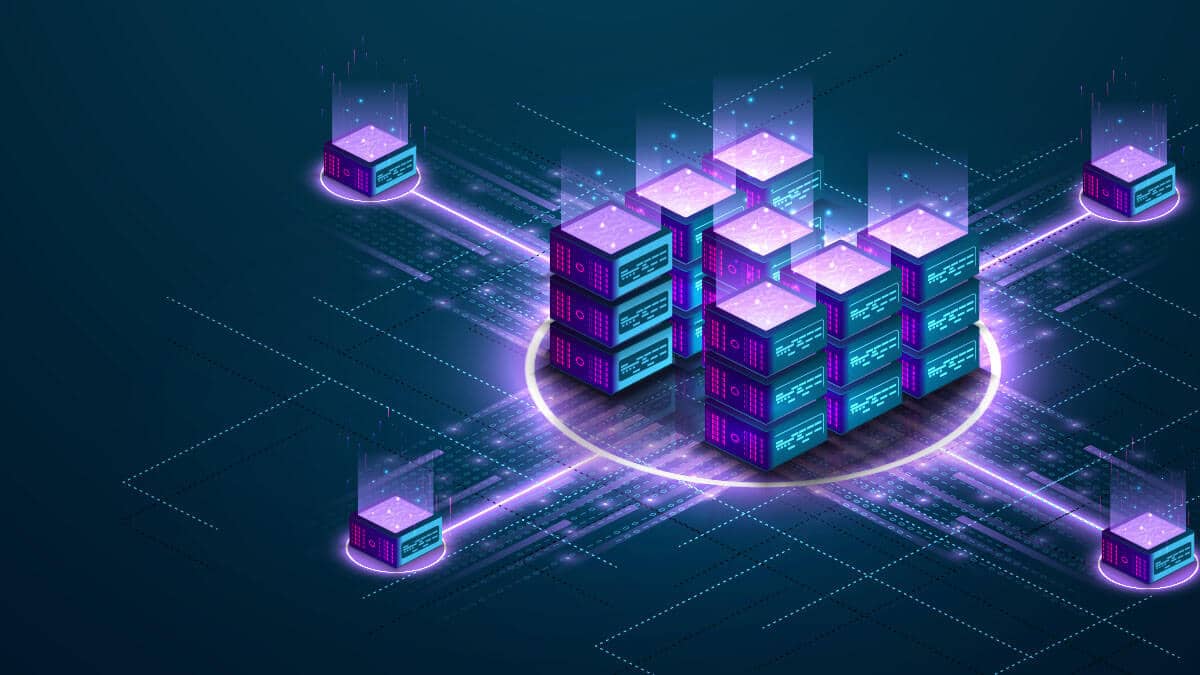
5 ways Blockchain is Impacting the Data Analytics Industry
By Udit Agarwal

Blockchain emerges as a groundbreaking innovation in the rapidly evolving technology landscape, significantly influencing numerous industries, including data analytics. Known for its association with cryptocurrencies like Bitcoin, blockchain technology extends far beyond digital currencies, promising to redefine data analytics through its unique capabilities. This article delves into five profound ways blockchain reshapes the data analytics industry, heralding a new era of insights, security, and efficiency.
Unprecedented Data Integrity and Security
Blockchain technology’s cornerstone is its unmatched data integrity and security. Each block securely links to its predecessor, creating an immutable chain. This inherent design ensures that once data joins a blockchain, it becomes virtually tamper-proof. For data analytics, this represents a paradigm shift. Analysts can now rely on a pristine dataset without manipulation, enabling more accurate and trustworthy insights. In industries where data sensitivity and security are paramount, such as finance and healthcare, blockchain’s ability to safeguard data against unauthorized alterations or breaches is revolutionary.
Transparent and Decentralized Data Access
Blockchain operates on a decentralized platform, democratizing data access. This decentralization ensures that data is not siloed within a single entity but is accessible to all participants with permission, fostering unparalleled transparency. Data analytics means stakeholders across various sectors can access and verify data in real-time without intermediary oversight. This transparent access to data enhances collaborative analytics efforts but also aids in maintaining the accuracy and reliability of analytical outcomes, fostering trust among all parties involved.
Real-Time Data Analytics
Another significant advantage introduced by blockchain technology is the ability to perform real-time analytics. Traditional data analytics processes often involve time-consuming data collection, cleansing, and analysis stages. Blockchain, however, facilitates the instantaneous recording and verification of transactions, enabling data to be analyzed almost in real-time. This capability is particularly beneficial in dynamic markets or situations where timely data analysis can offer a competitive edge or critical insights for decision-making.
Facilitating Advanced Data Sharing Mechanisms
Blockchain introduces advanced data-sharing mechanisms that address common concerns around privacy and security. Through smart contracts and privacy-preserving technologies, blockchain enables data to be shared and utilized for analytics without exposing sensitive information. This aspect is particularly crucial in compliance-driven industries, where data sharing has historically been complex. Blockchain technology fosters a collaborative and expansive environment for data analytics by securely and efficiently enabling data sharing.

Automating Analytical Processes via Smart Contracts
Smart contracts are self-executing contracts with the terms directly written into code. On a blockchain, these contracts automatically enforce and execute agreements when specific conditions are satisfied without the need for intermediaries. In data analytics, smart contracts can automate various processes, from data collection to triggering specific. Analytical procedures upon meeting certain criteria. This automation significantly streamlines the analytics workflow, reduces the potential for human error, and accelerates the delivery of analytical insights.
Key takeaway
Blockchain technology is poised to redefine the data analytics landscape profoundly. Its unique attributes, including enhanced security, transparent data access, real-time analytics, advanced data sharing mechanisms. And automation capabilities, collectively promise to address longstanding industry challenges. As blockchain technology matures and integrates with other technological advancements, its impact on data analytics will deepen. Thus, unlocking new avenues for innovation and insight generation.
The evolution of blockchain analytics signifies a move towards more secure, transparent. And efficient analytical processes, marking a significant milestone in data-driven decision-making. As industries grapple with the complexities of big data and the ever-growing demands for data integrity and privacy, blockchain stands out as a beacon of innovation, paving the way for a future where data analytics is more reliable, accessible, and impactful.